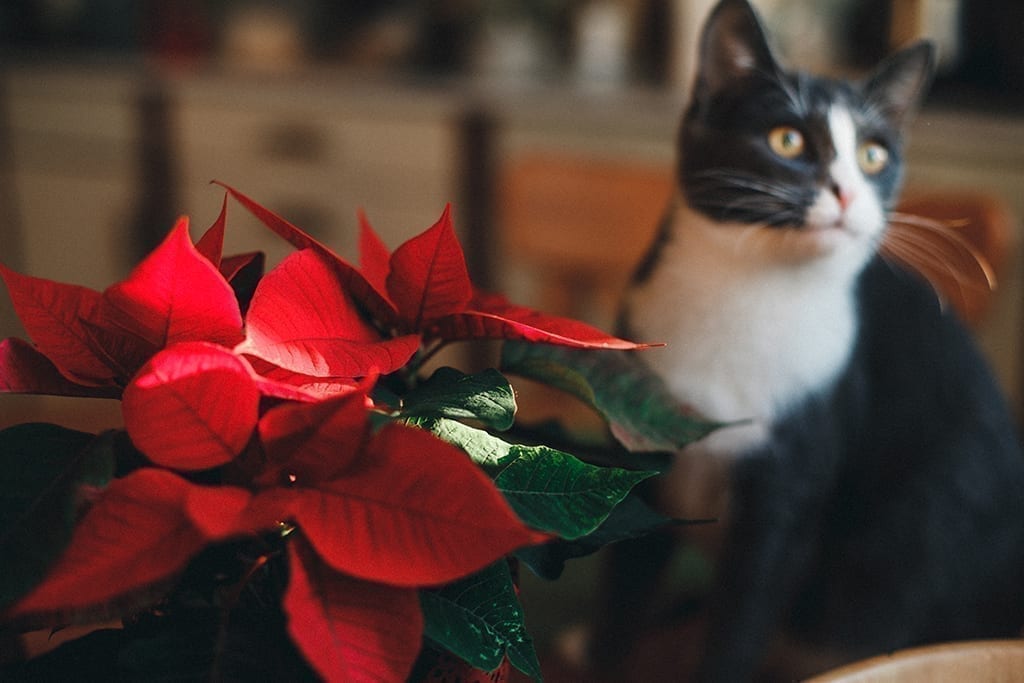 After a tough year, many people have chosen to embrace the holiday spirit by decorating their homes and businesses earlier than usual. As new stay at home orders go into effect and physical distancing practices continue, holiday decorations are the perfect way to brighten up your space. Poinsettia season is here and it’s a great time to remind your customers that they are not poisonous to humans or pets.
After a tough year, many people have chosen to embrace the holiday spirit by decorating their homes and businesses earlier than usual. As new stay at home orders go into effect and physical distancing practices continue, holiday decorations are the perfect way to brighten up your space. Poinsettia season is here and it’s a great time to remind your customers that they are not poisonous to humans or pets.
Be prepared to answer customer questions on the toxicity of poinsettias with these three points:
- Scientific research from The Ohio State University has proved the poinsettia to be non-toxic. All parts of the plant were tested, including the leaves and sap.
- As with any non-food product, the poinsettia is not meant to be eaten and can cause varying degrees of discomfort; therefore, the plant should be kept out of the reach of young children and curious pets.
- According to the American Latex Allergy Association, only about 1 percent to 6 percent of the general population is allergic to latex, and “… one would have to have significant contact with the poinsettia plant’s latex directly to have an allergic reaction … only a small drop of latex that can be immediately wiped off of the skin is unlikely to cause an allergic reaction.”
Find more poinsettia facts to share here.
The Society of American Florists has created a variety of Poinsettia Fliers and Brochures for you to download, copy, print and place on the counter near your displays. Materials available include a Poinsettia Flyer, a one-page fact sheet, and two brochures- one that is ready to print and one that is customizable. Use these documents to teach your customers about toxicity myths, helpful facts and care and handling tips.
Stephanie Brady is the Project Coordinator for the Society of American Florists.






